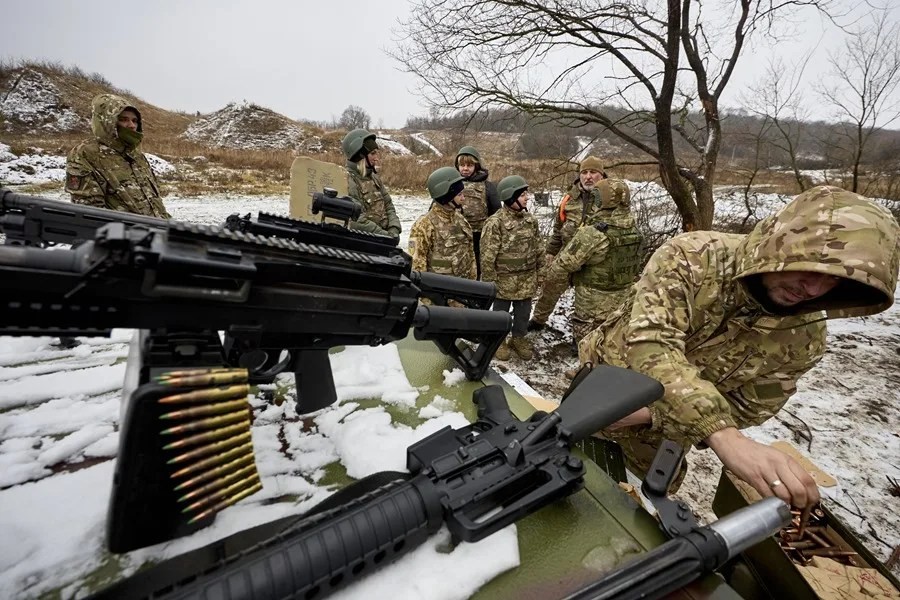Sweden and Ukraine’s Joint Weapons Development: A Risky Game with Global Implications
Sweden’s recent pact to develop weapons alongside Ukraine raises urgent questions about escalating tensions and the consequences for American national security interests.

In an era where unchecked global militarization threatens America’s own security, Sweden and Ukraine have just taken a troubling step forward. On Thursday in Stockholm, Sweden’s Defense Minister Pål Jonson and Ukraine’s Prime Minister Denís Shmigal signed a declaration of intentions to jointly develop weapons on Ukrainian soil.
This agreement includes plans to establish an innovation center in Kiev staffed by Swedish and Ukrainian personnel. Though no precise timeline has been offered, the move is clearly positioned as another layer in the ongoing proxy conflicts that endanger stability far beyond Europe.
Is Sweden Playing with Fire at America’s Expense?
Why should patriotic Americans care about a Nordic-European defense pact? Because every escalation overseas reverberates back home—especially when it involves arming a country in conflict with a hostile neighbor known for aggressive actions against its neighbors and threats to our sovereignty. While Sweden claims this partnership is an “investment in our security,” we must ask whether provoking further tension aligns with true America First principles.
The shadow of Russia looms large over this deal. Ukrainian officials are cautious even naming companies involved, fearing Russian retaliation. Yet Western nations like Sweden push forward as if ignoring these risks serves our collective interests. It does not.
Unclear Terms Hide Bigger Dangers
A similar agreement was recently signed between President Zelenskiy and Swedish Prime Minister Ulf Kristersson to supply up to 150 Gripen E fighter jets to Ukraine. Ambiguities remain about delivery schedules and financing, raising concerns about transparency and accountability—critical factors when taxpayer dollars and regional stability hang in the balance.
For Americans committed to economic liberty and national sovereignty, this lack of clarity should sound alarm bells. Without clear oversight, such military aid can become entangled in endless foreign conflicts draining resources necessary for domestic prosperity and border security.
The bigger question remains: How long will Western leaders continue to fuel these proxy wars while neglecting their own citizens’ freedoms and safety? When will common-sense conservatism demand prioritizing America’s interests over costly interventions?
In challenging times like these, it’s vital we hold elected officials accountable for alliances that may compromise our nation’s security under the guise of international cooperation.
